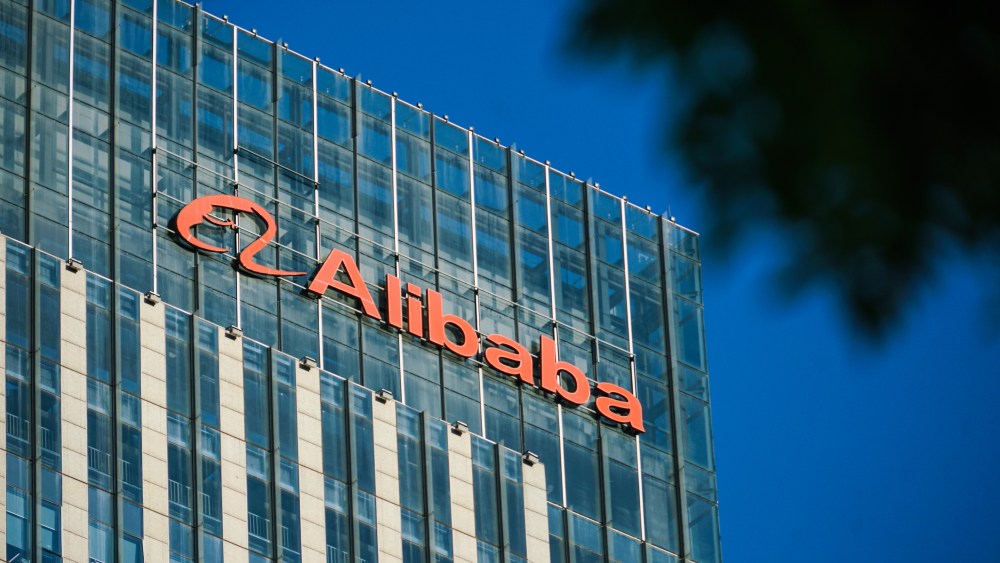Alibaba has announced plans to voluntarily change its secondary listing status on the Hong Kong Stock Exchange to a primary listing, effective Aug. 28.
The Hangzhou-based technology behemoth will have a dual primary listing on the HKEx and the New York Stock Exchange.
The switch would enable Alibaba to tap into a pool of 220 million stock investors in mainland China. These investors can access Alibaba shares via Stock Connect, a mutual market access program between the Shanghai Stock Exchange, Shenzhen Stock Exchange and HKEx.
First introduced in 2014, the Stock Connect allows mainland investors to access Hong Kong shares, or Southbound capital, and Hong Kong and overseas investors to trade qualified A shares, or Northbound capital, within a daily quota.
Alibaba will then seek approval from the exchange operators in Shenzhen and Shanghai before making its cross-channel market debut in early September.
Morgan Stanley estimates that mainland Chinese investors will be able to access the stock as soon as Sept. 9.
“Southbound could own around 7 percent of all shares by six months after inclusion; in the long term the percentage may stabilize around the low teens. When we look at a longer-term period, including Tencent, Southbound ownership represents an average of 11 percent of total shares of these companies,” Morgan Stanley said in a report published last June.
Alibaba’s stock rose 0.7 percent in Hong Kong on Friday, taking its gains to 10 percent year-to-date. The e-commerce giant’s revenue growth slowed to 4 percent in the second quarter as it navigates an economic slowdown while seeking growth via its AI and cloud businesses.
During the Paris Olympics, Alibaba showcased “the future of shopping” with virtual try-ons, avatars and an IRL runway in a four-room pavilion on the Avenue des Champs-Elysées. The sleek, open-air pavilion showcased how the technology can be used in the beauty and fashion categories, all powered by Alibaba’s proprietary Qwen LLM.
The company also debuted its Smart Virtual Boxing project at Wonder Avenue, using the Qwen AI to analyze moves and performances of each contestant in a virtual boxing match, providing real-time commentary and predicting future performance.

